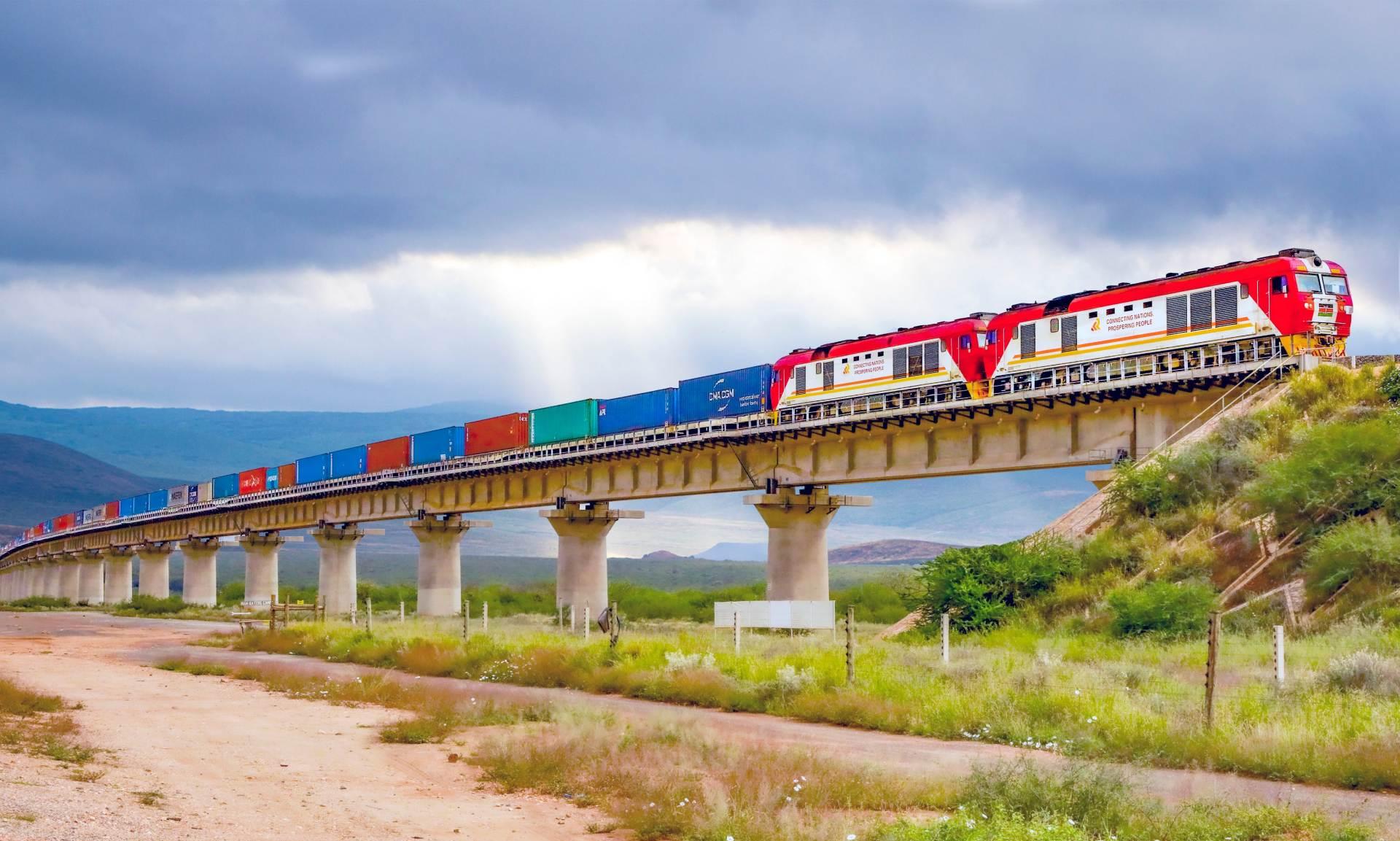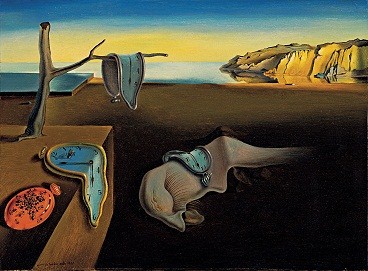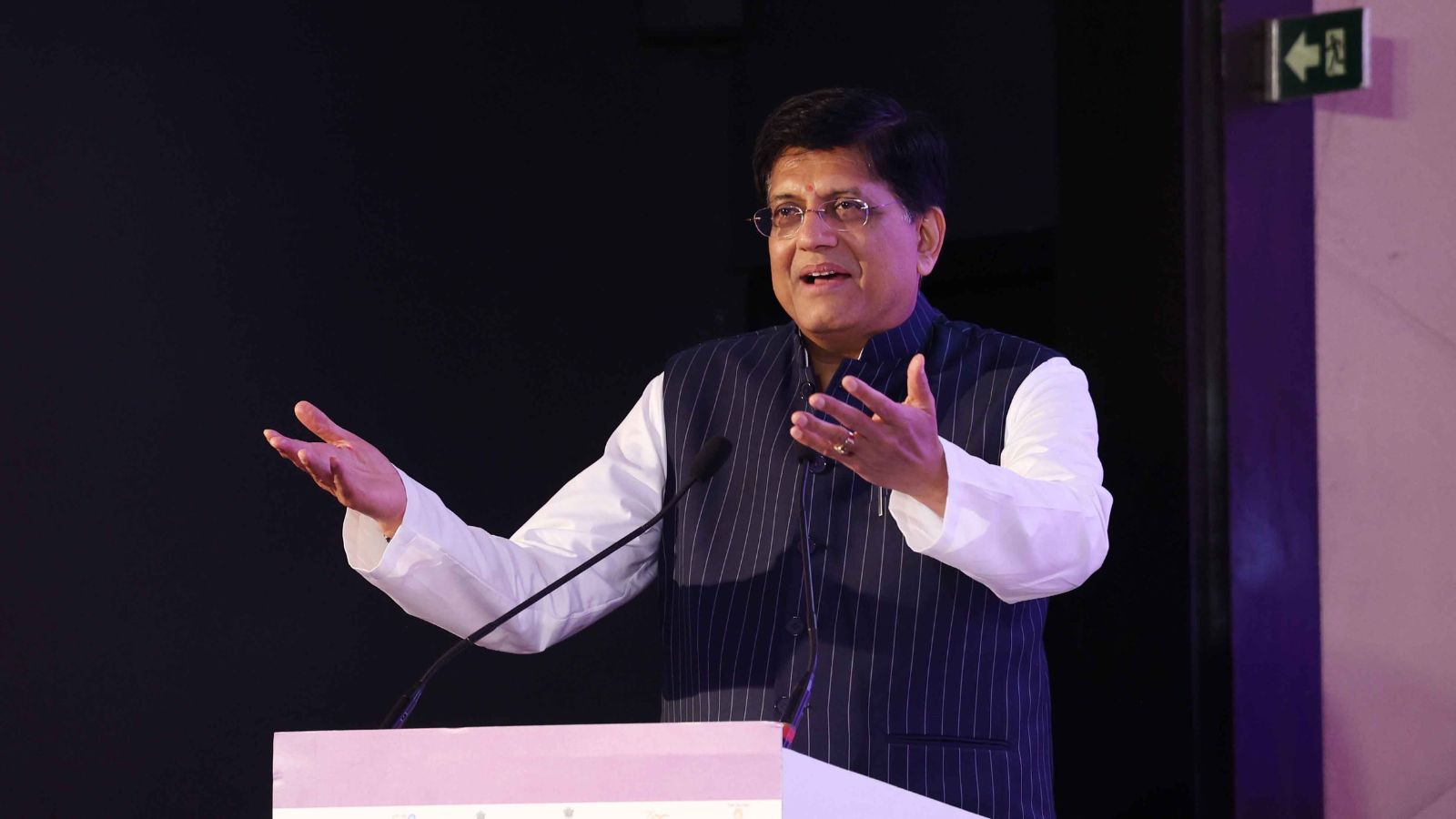Time, travel and climate change | Otago Daily Times Online News
Have you ever been amazed by how much one person can achieve in a day, a week or a year?
It’s almost as if time moves slower for busy people.
There may be something to this. According to physics, an object in motion must experience time differently to a stationary object.
I’m no Einstein, but lately I’ve been seeing something similar with respect to climate action in Ōtepoti.
In 2019, the Dunedin City Council set a target for the city to be zero carbon by 2030. That same year, the University of Otago set a similar target across its operations, and later joined the DCC, Otago Regional Council, Otago Polytechnic and Health New Zealand in the Dunedin Zero Carbon Alliance. The Alliance aims to work together to help meet each organisation’s own emissions reduction targets and the citywide 2030 goal.
The University of Otago, where I am the net carbon zero programme manager, is by no means perfect. For starters, my job title probably shouldn’t focus on such a narrow, timebound target. Net zero targets for organisations, cities or nations should only ever be treated as marker points on the way to doing our fair share to get the global climate back into balance and addressing other social and environmental challenges.
Since the university set its net zero target in 2019, we've had a global pandemic and the change to a National-led coalition government. Policy and funding changes in transport, energy and waste sectors have created new headwinds for emission reduction.
And in response to financial challenges, the university is targeting more domestic and international students. More students flying to Dunedin means more greenhouse gas on our inventory (notably, we are one of the few universities worldwide to report on these emissions). How could we possibly achieve our 2030 target with these internal and external factors changing around us?
Fortunately, our net carbon zero programme is designed with this complexity and uncertainty in mind. Our approach has been inspired by the tradition of Polynesian navigators and the excellent Wayfinding Leadership: Groundbreaking wisdom for developing leaders by Dr Chellie Spiller, Hoturoa Barclay-Kerr and John Panoho. Just as wayfinders use their knowledge of currents, clouds and birds to build and rewrite their mental maps of where they are and where they’re heading, the university needs to be constantly reading its environment and ready to respond.
Looking back at what we’ve been able to achieve in five years helps put the next five into context. The university has reduced its emissions by 36% from 2019 to 2024. We’ve eliminated coal from all our campuses, kept our business air travel well below pre-pandemic levels and reduced emissions from waste to landfall by 60%.
In 2024, a full review of our emissions targets with involvement of staff and students emphasised that we do have momentum, there is still a compelling "why" behind our actions, and there are multiple ways to reach our distant shore. We looked at how we could continue to report on, and seek to minimise, student air travel emissions, while targeting increased enrolments. If you are interested in where we landed, and where we’re heading next, I’d recommend you check out our "Island Hop #1" document online.
There’s lots to do before 2030, but as an object in motion there seems time enough.
Contrast this with Business South’s decision in April not to join the city’s Zero Carbon Alliance, in part because it felt the 2030 target was too aspirational.
"Joining in 2025 to pursue a 2030 target without a national roadmap in place would divert our finite resources away from existing commitments," chief executive Mike Collins wrote in an email to Business South’s mailing list.
A month earlier, Dunedin city councillors elected to include no additional investment toward zero carbon in the draft nine-year long-term plan. DCC staff had presented two investment packages to council, but neither would "bring about the degree of change at the pace required to achieve the city’s 2030 target".
For the long-term plan to present zero options to counter headwinds like those from central government struck many as defeatist, short-sighted and/or undemocratic. The science is clear: every tonne of greenhouse gas we put into the atmosphere increases the risks of breaching ecological tipping points. It is better to come close to achieving an emissions target under best endeavours than throw in the towel with five years left to run.
There’s a risk that targets such as zero carbon 2030 become demotivating when success and failure are viewed as a binary. Instead, we should be striving to do the best we can and bring as many as possible along on this journey to a thriving future.
It won’t all be plain sailing, but with a little momentum it’s amazing what you can achieve.
Craig Cliff is the net carbon zero programme manager in the sustainability office at the University of Otago.








